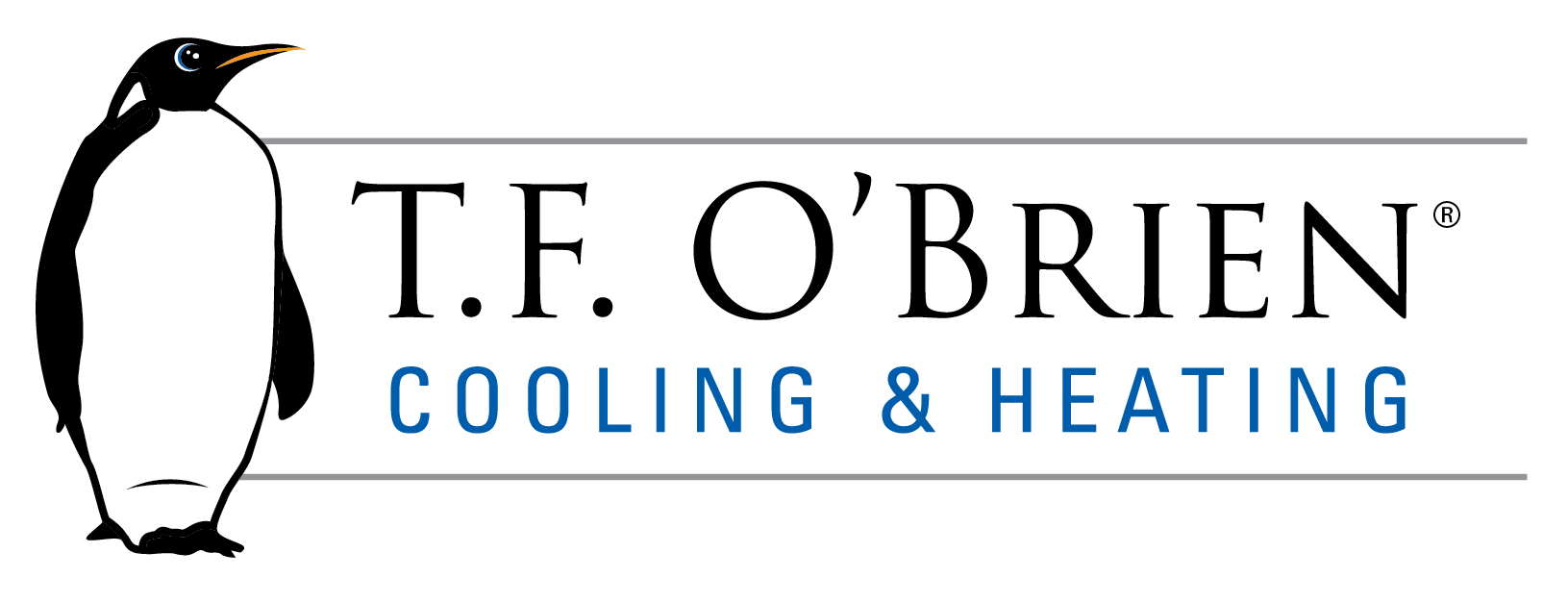Using the Power of Science, Your AC System Can Keep Your Long Island Home Cool
Dependable air conditioning is essential for Long Island homeowners this time of year. Also essential: making sure your cooling system will function properly for the duration of the season, keeping your home and family comfortable. It helps to have a little working knowledge about your A/C. Evaporator coils, which play a crucial role in cooling your home, are a good place to start.
Evaporator coils are key to the operation of window-mounted air conditioners and central air conditioners. For our purposes here, we’ll focus on their role in central air conditioning.
As you probably learned in elementary school, evaporation is the process by which a liquid form of a chemical is turned into its gas form. An evaporator is a device that makes that happen. In an air conditioning system, evaporator coils allow a compressed cooling chemical — called a refrigerant — to evaporate from liquid to gas, absorbing heat in the process.
An evaporator coil is a winding tube inside your home. The tube contains a refrigerant, which at this point is roughly 45 degrees. A fan blows air over the coil, which cools your house.
But that’s not the end of it. After the refrigerant passes through the evaporator coil, it flows through another tube to the outdoors component of your A/C. That component is called the compressor, because it compresses the refrigerant. And as the refrigerant’s pressure rises during compression, its temperature rises, too.
From there, the hot — roughly 180 degrees — refrigerant travels to yet another winding tube, called a condenser coil. Another fan — we’re still outdoors here — blows air over this coil, cooling the refrigerant.
In summary: The refrigerant absorbs heat as flows through your home and then releases that heat outside. And it couldn’t have done it without the evaporator coil.
Curious about your A/C’s inner workings? T.F. O’Brien has been providing Long Island customers with answers to their heating and cooling questions since 1934. Contact us anytime.
Our goal is to help educate our customers about energy and home comfort issues (specific to HVAC systems). For more information about air conditioning systems and other HVAC topics, click here to download our free Home Comfort Resource guide.
